Climate change is a common challenge facing humanity, and requires a global response, said a Chinese envoy on Thursday at a Security Council high-level open debate on climate and security.
The relationship between climate and security is very complex, and the Security Council, on the basis of its mandate emanating from the UN Charter and its existing agenda, needs to get it right in terms of the manner and extent of its engagement in discussing and addressing issues related to climate and security, said Zhang Jun, China's permanent representative to the United Nations.
It is imperative that the main channels for international cooperation on climate change are maintained, he said.
The UN Framework Convention on Climate Change (UNFCCC) and the Paris Agreement is the most authoritative platform, he said, noting that the principle of common but differentiated responsibilities and respective capability as well as equity are the cornerstones of global climate governance.
"We must uphold the convention and the Paris Agreement as the main channels, and respect the right to speak on an equal footing by all countries on climate change issues," he added.
It is essential for developed countries to earnestly fulfill their international obligations and commitments, said Zhang, adding that developed countries bear historical responsibility for climate change.
"In discussing climate change, regardless of the platform or angle, we should not lose sight of this very basic fact," he said.
The Chinese envoy said that developed countries cannot always lock their sight on others, and they must take concrete actions in leading the substantial reduction of emissions, realize net-zero or even negative carbon emissions at an early date while honoring their commitments on climate financing, fill as soon as possible the pre-2020 annual funding gap of 100 billion U.S. dollars, provide a clear timetable and roadmap from 2021 to 2025, and formulate a new collective quantitative post-2025 funding target.
"In this connection, we have heard the appeals of many countries. We have also heard (the UN) secretary-general himself in appealing on this issue. We certainly hope that we can hear from developed countries in terms of their positive and quick response. Doing so will allow early achievement of the net-zero target. The international community not only needs to make such an appeal, but also there is the need to establish an oversight mechanism so as to ensure that developed countries will live up to their commitments."
Zhang said the challenge of climate change should be addressed in the course of sustainable development.
Climate change is a byproduct of humanity's unsustainable development models, the Chinese envoy pointed out, stressing that the only way out, once and for all, lies in a holistic approach within the framework of sustainable development.
Countries should integrate climate change response into their national development programs, aligning it with poverty eradication, job creation, health care and clean energy rollout for enhanced resilience to climate change, he said.
As the world's largest developing country, China has always been a contributor to global climate governance, a leader in global ecological progress, and an implementer of the Paris Agreement, said Zhang.
Next month, the 15th Conference of the Parties to the Convention on Biological Diversity will take place in Kunming, China. "China is ready to work hand in hand with other countries around the world to make fresh contributions to global environmental governance and jointly build a clean and beautiful planet that we call home," the Chinese envoy added.









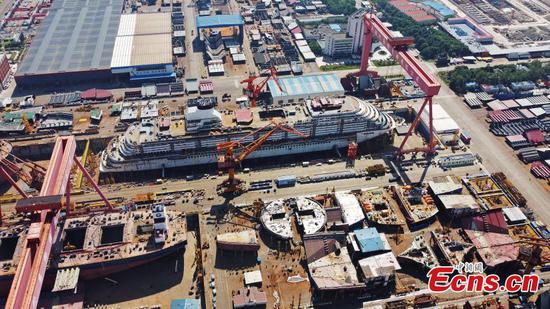


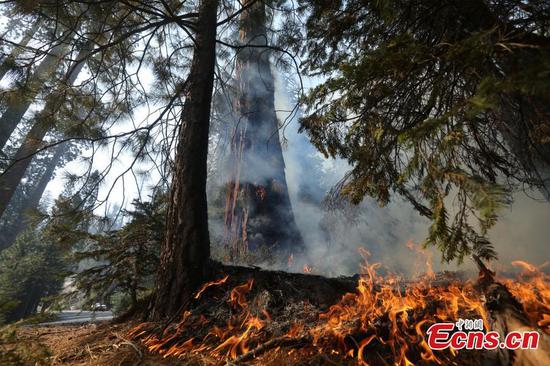
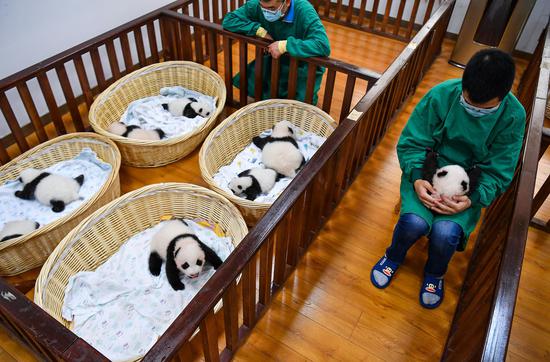








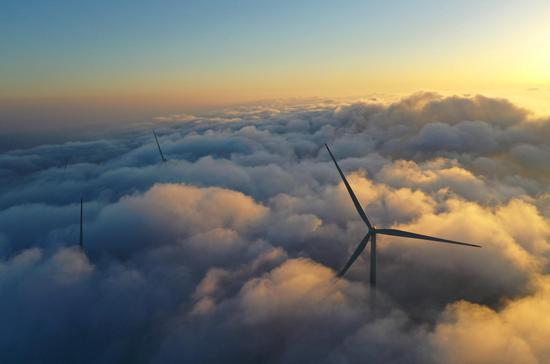








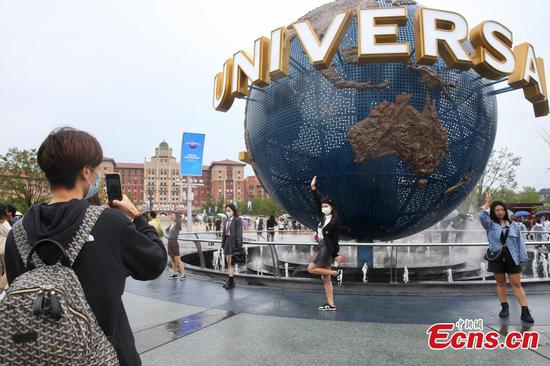
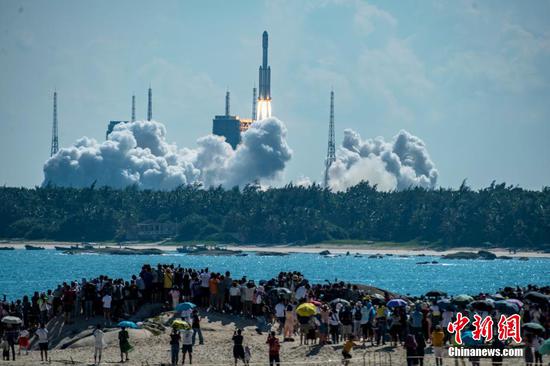


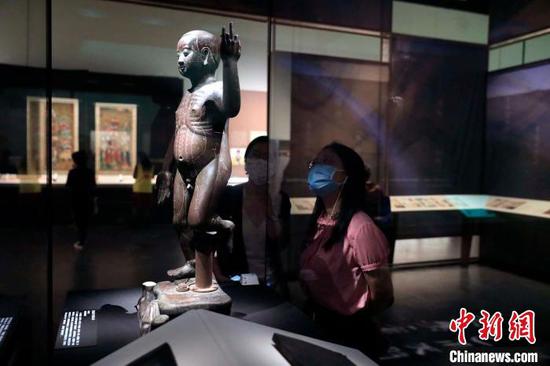
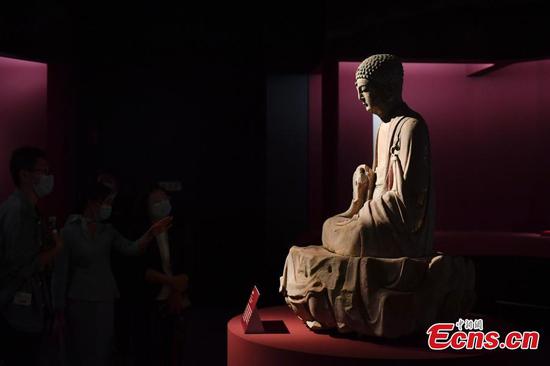





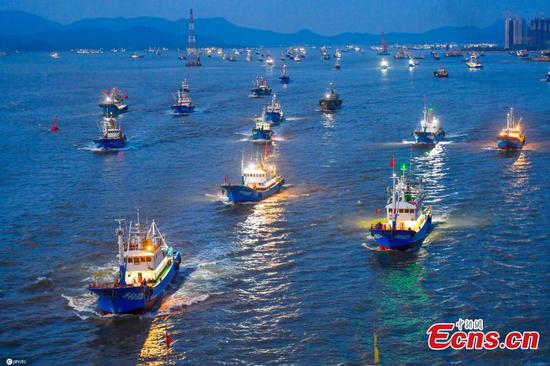







 京公网安备 11010202009201号
京公网安备 11010202009201号